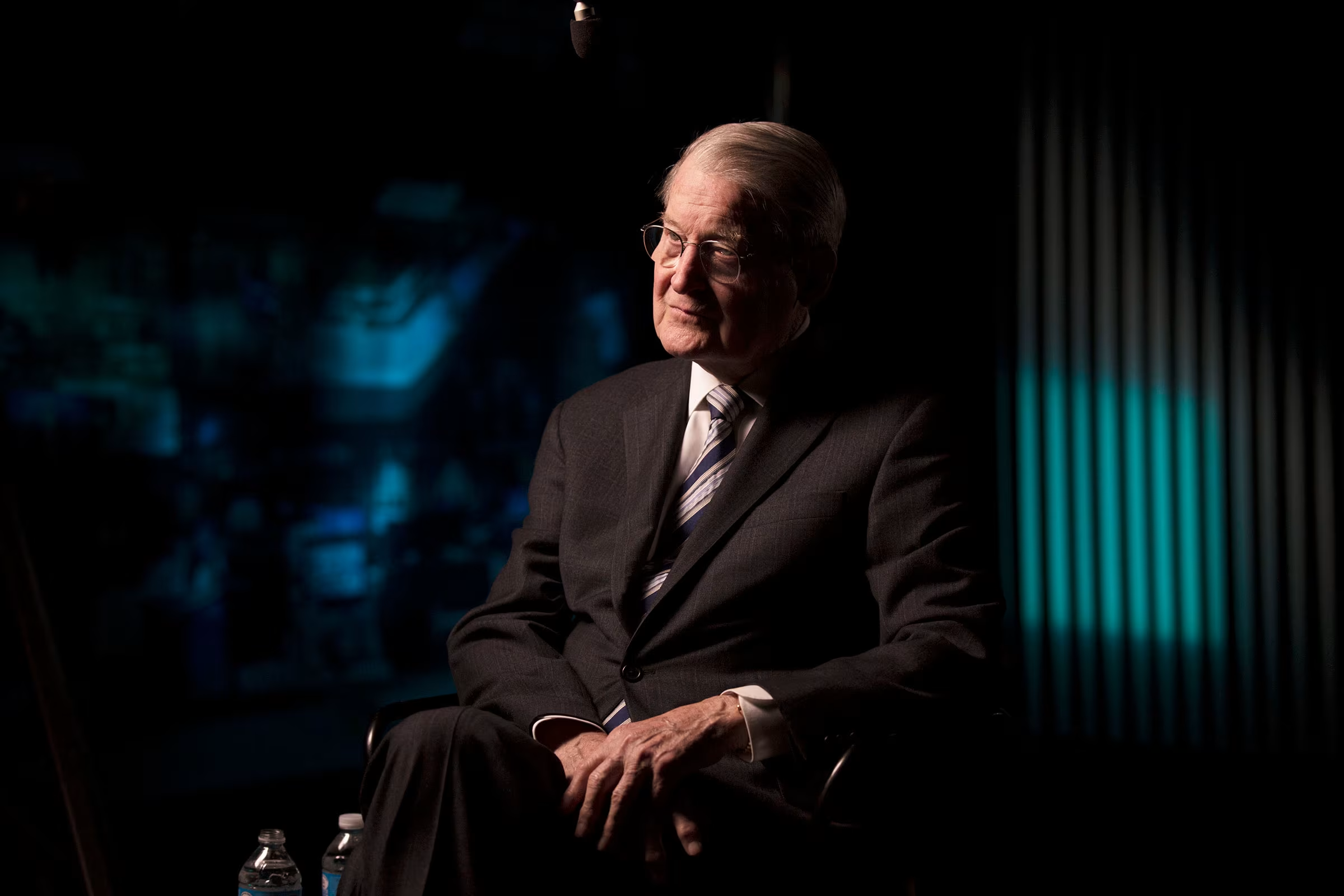Entities mentioned:
- William Webster: Duty, Professional pride, Integrity
- FBI: Reputation, Security, Justice
- CIA: Security, Control, Influence
- Jimmy Carter: Leadership, Reform, Legacy
- J. Edgar Hoover: Power, Control, Legacy
- Ronald Reagan: Leadership, Security, Legacy
- Christopher Wray: Professional pride, Duty, Integrity
- Donald Trump: Power, Control, Influence
Article Assessment:
Credibility Score: 85/100
Bias Rating: 45/100 (Center)
Sentiment Score: 65/100
Authoritarianism Risk: 20/100 (Strongly Democratic)
Bias Analysis:
The article presents a balanced view of Webster's career, citing both Republican and Democratic administrations. While largely positive, it includes critical context about the agencies he led, maintaining a centrist perspective.
Key metric: Public Trust in Government Institutions
As a social scientist, I analyze that William Webster's career significantly impacted public trust in key U.S. government institutions, particularly the FBI and CIA. His leadership focused on restoring integrity and public confidence in these agencies after periods of controversy. Webster's emphasis on professionalism, adherence to the rule of law, and transparency helped rebuild the reputation of both the FBI and CIA during critical periods of transition. His long-standing commitment to public service and his ability to lead effectively across multiple administrations underscore the importance of non-partisan, principled leadership in maintaining public trust. The article's portrayal of Webster as a figure respected across political lines suggests that his approach to governance and institutional management could serve as a model for rebuilding trust in government institutions in an era of increasing polarization.











